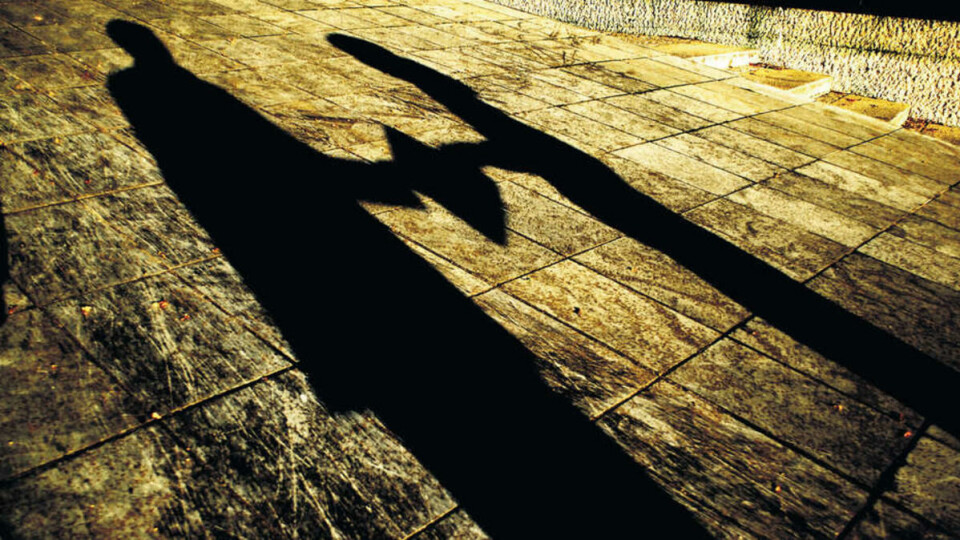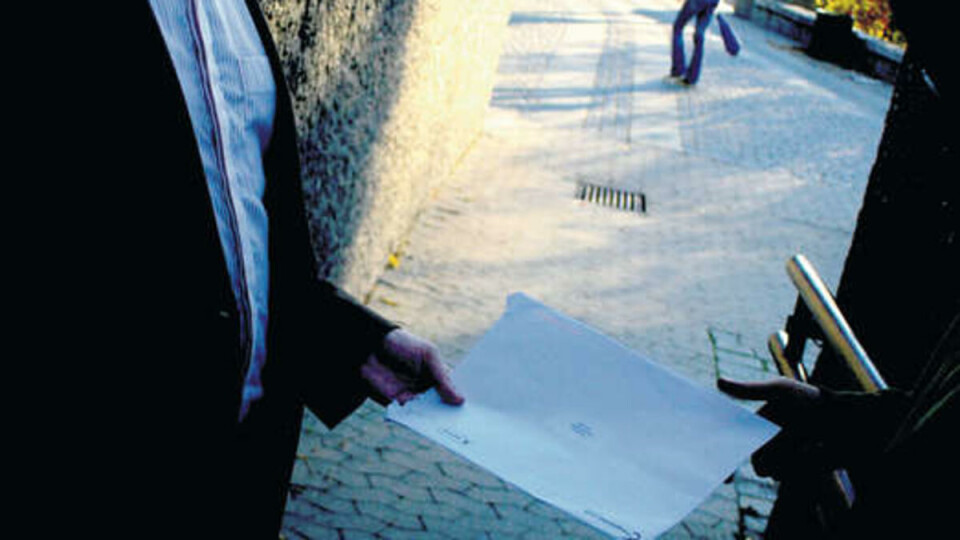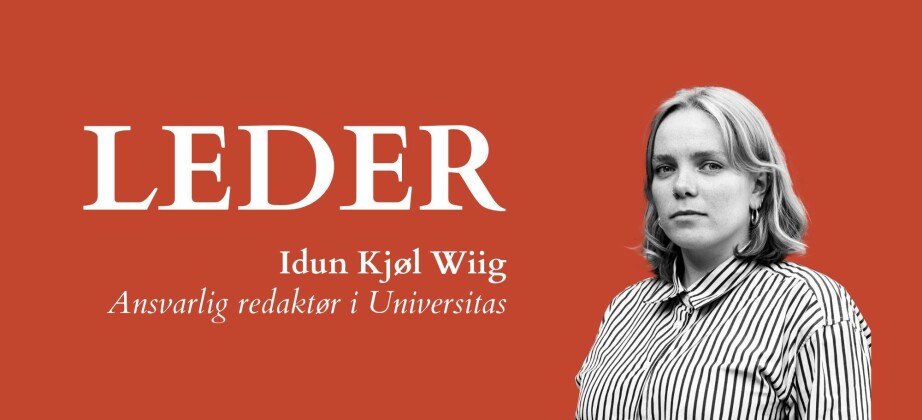
– Students buy grades
Inge Øystein Moen claims that students in the Balkans buy grades from the universities. He feels that both students and educational establishments in Norway should take part in the battle against corruption.

– The problem of corruption is likely to unfold as internationalisation increases, says Inge Øystein Moen.
He is Faculty Director at Østfold University College and a member of Transparency International, a global organisation that fights corruption. Moen tells the story of a widespread, dishonest mentality that allows for the corruption at the universities in the Balkans.
Buys grades
Moen was made aware of the extent of the corruption in the Balkans at a seminar in Ljublana in 2005.
– A student told me that he and a friend had seen a professor at a restaurant. His friend had paid the professor’s bill, and had made the professor aware of this. The professor thanked the student later on by giving him a good examination mark in return, Moen recounts.
There have also been reports of international students in Norway who do not have the qualifications their grades and examination marks implies.
– The problem here is not that students forge their university papers, it is much worse that that – the issue here is that students are given the chance to buy academic grades and then have the papers confirmed by the university, Moen says.
Now he says that the university and college sector must face the problem and discuss strategies in order to fight the corruption.
– The corruption increases
In 2005, a survey conducted among students at the university in Banja Luka showed that as many as 63 per cent of the students agrees that corruption exists. Mainly, the corruption consists of bribes, but there are also many cases where students are forced to buy their books from one person – often the professor himself.
– The corruption within the university sector is escalating as more people are taking higher educations and the internationalisation increases.
Darijo Lazic is working in Banja Luka, in the same organisation as Moen. He confirms that corruption is a serious problem at the university.
– It is very difficult to expose corruption. In most cases, the student faces the professor and it is one word against another. Needless to say, the student usually loose, he says.
– As the extent of tuition fee increases, there is a strong likelihood that some start taking charges for things that are supposed to be free of charge, Moen says.
He adds that the students are the main characters in the battle against corruption.
– The students play a very important part. They are initiators as well as watch dogs. Thus, it is very important that Norwegian and international student organisations get involved.
Per Anders Langerød, President of the National Union of Students in Norway (NSU), replies that the reason why they have not yet taken any measures against corruption, is that the situation is «uncharted territory».
– I’m afraid people do not know how grave this problem really is. That explains why so few have taken an interest, Langerød says.
– Test the students
Kalle Moene, Professor of Economics at the University of Oslo (UiO) have been working with corruption and says that it is of vital importance that the students get involved. At the same time, he warns against making too many allegations when it comes to corruption at Norwegian universities and colleges.
– We will not tolerate corruption at the university, but we must assume that people have earned their papers with honesty until it’s proven otherwise. Students who begin to suspect their fellow students of corruption, will not contribute to anything positive, says Moene, and adds that to give students a test at the beginning of the semester could be one way of securing that everyone is treated equally.
Monica Bakken, Director of Academic Affairs at UiO, has seen two cases of false school reports so far this year. In 2006 there were four such cases. She cannot rule out that there are dark figures, but does not know to what extent.
– UiO has worked up quite a lot of expertise in this area, but if a university abroad confirms that a forged school report is real, there is little to be done. The system is based on trust, Bakken says.
– Take action
Inge Øystein Moen says that a system based solely on trust in a piece of paper, is not good enough.
– If we want to stop corruption, we must take action. Institutions that co-operates must have closer contact, and guidelines on how to prevent and reduce corruption must be worked out. We need to get this out into the open.
Moen says that one possible solution could be to have students sign a statement against corruption at all universities and colleges.
– These should include the possibility for openness and access by the media, as well as involvement and access for the students, he concludes.


































